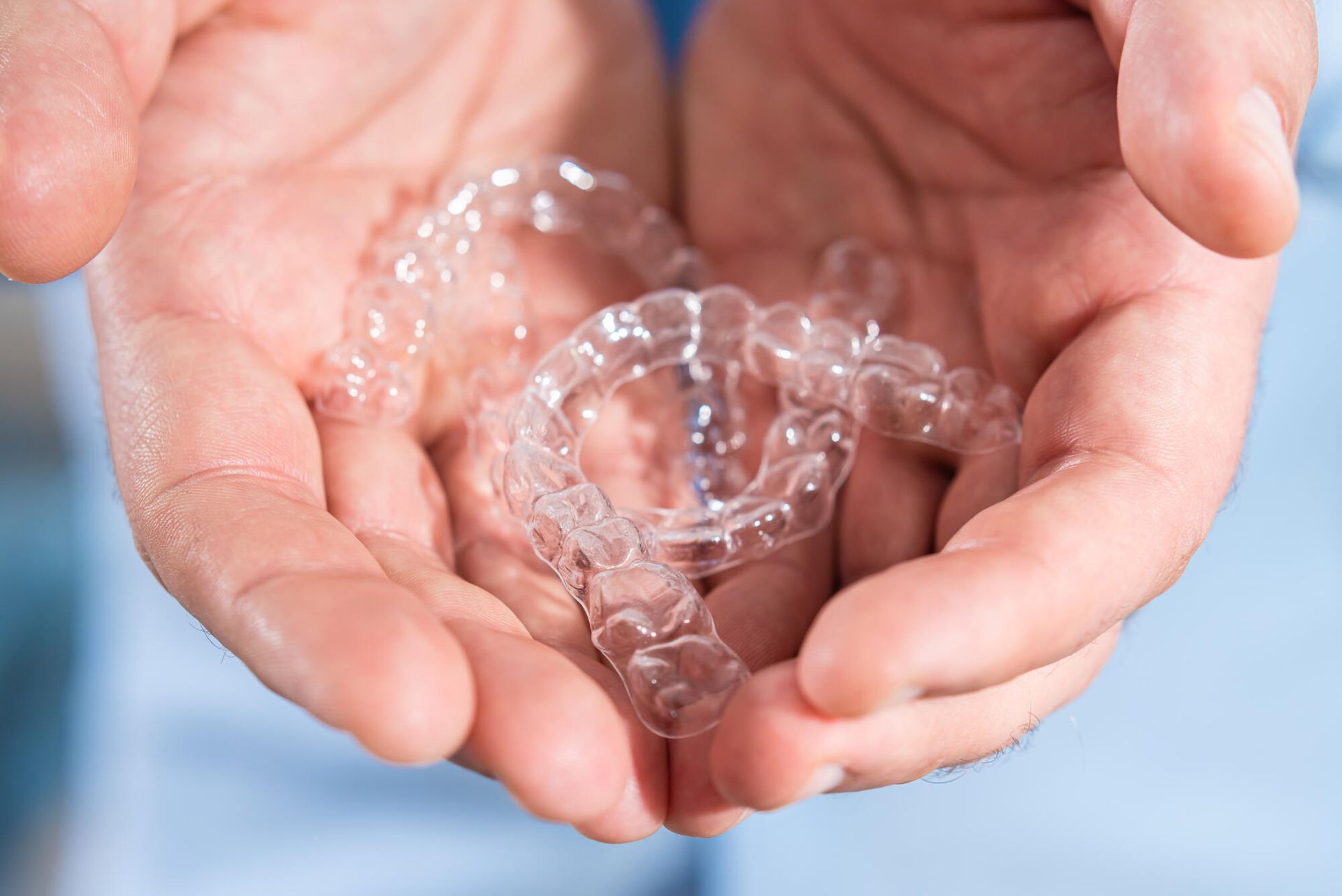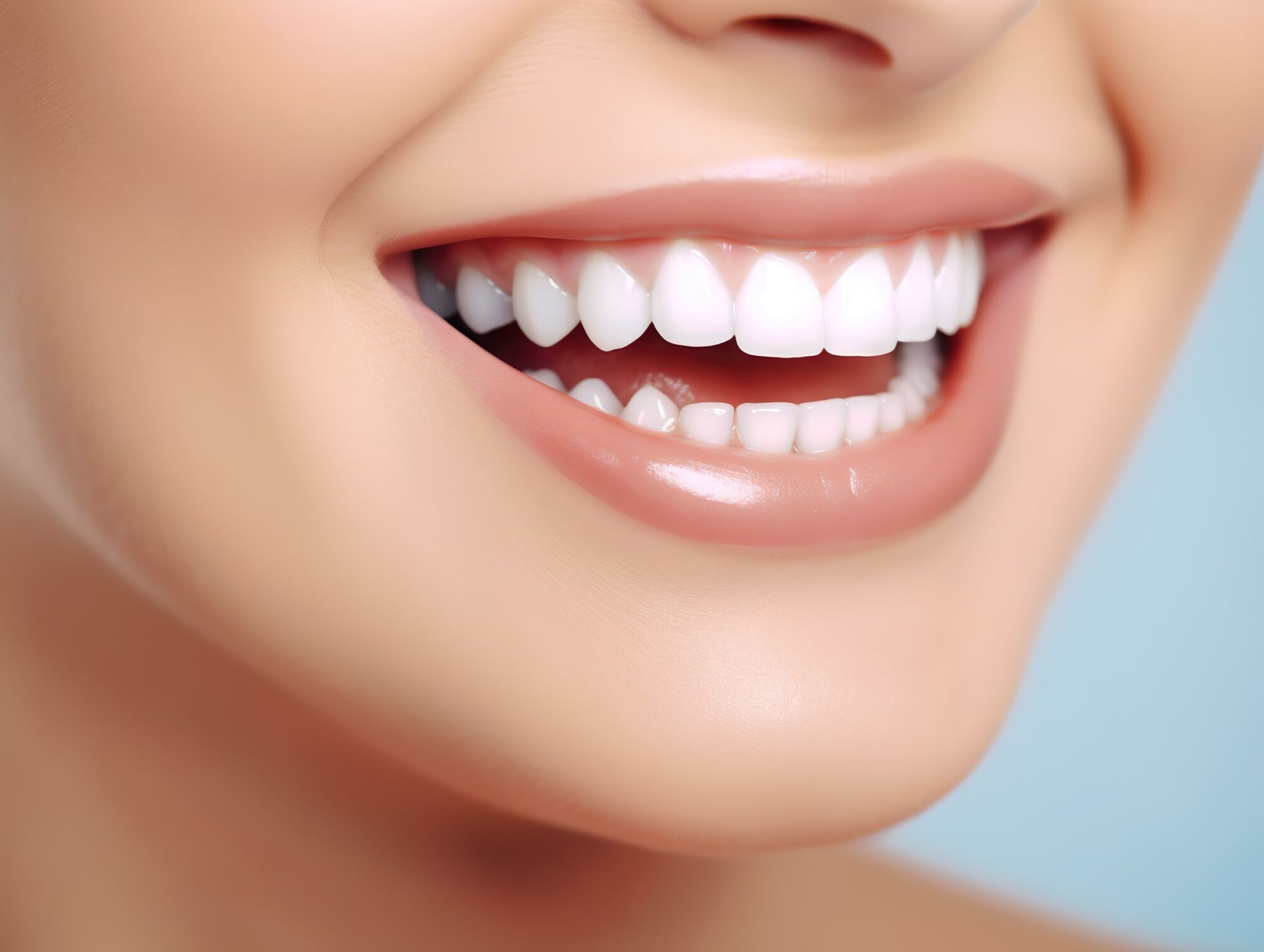Tooth Infection Symptoms: A Dentist in Bradford Ontario Tells Us More
Statistics show that a third of Canadians do not have insurance to cover dental issues. And that is despite how many adults suffer from tooth infection symptoms. However, the rate of incidents depends on each person's dental history.
However, dental health is vital as problems like tooth infections can quickly become severe. Keep reading to discover what signs to look for in a tooth infection.
What Is a Tooth Infection?
A tooth infection is also commonly referred to as a tooth abscess. It occurs when bacteria enter a tooth, causing inflammation and irritation.
This may result in a tooth abscess depending on how long the infection is left untreated. Bacteria can only enter the tooth if there is a way for it to do this. So, people with cavities, chips, or cracks are far more likely to get a tooth infection as their tooth is vulnerable.
Because of this, many dentists recommend that patients immediately fix issues like chips, cracks, and cavities long as they are severe enough to cause other problems.
The mouth is exposed to all kinds of bacteria daily. This makes it essential to keep your teeth safe, as a tooth infection is excruciating and can make it challenging for you to undertake everyday tasks.
Tooth Infection Symptoms
If you have a tooth infection, keep reading this comprehensive dental guide. It would help to keep an eye out for several tooth infection symptoms.
It can be hard to figure out what is wrong if you have tooth issues. So knowing what symptoms to look for can be very helpful since it might be the difference between contacting your dentist in Bradford, Ontario, or treating your problem with OTC medications and rest.
If you still can't figure out what is wrong or are unsure whether you have an infection, schedule a dentist appointment immediately.
Sensitivity and Stiffness
One of the most common signs of a tooth infection is sensitivity. For example, you may be sensitive to cold or hot temperatures and certain types of food.
This can make it hard to eat and drink as you usually would. It may even get to the point where you can't eat or drink as the activity causes too much pain.
You may also experience stiffness in your jaw or difficulty opening your mouth. If these symptoms occur alongside gradually worsening pain, you need to take them seriously.
Bad Breath or Oozing
A tooth infection can also cause a foul odor, resulting in bad breath. If you have bad breath or a strange smell emanates from your mouth, this could indicate an infection especially if it smells like puss or has a very abnormal odor.
Of course, bad breath can indicate many things, so you must ensure other tooth infection symptoms accompany it.
You may also see or feel substances oozing from the infected tooth. This is an undeniable sign that something is wrong, and you need to book an appointment with your dentist immediately.
Pain and Headaches
If you have ever had a tooth infection, you will know how painful it is. Of course, some people may experience more pain than others, though most people usually experience some level of pain.
If an infection is present, only your mouth and tooth may hurt, or your entire face might ache. The pain generally worsens and may even spread down your neck.
Tooth pain can cause other kinds of pain, too. For example, many people suffer from headaches and earaches. Everything in this area is closely connected.
The pain may be sharp or dull and throbbing. It never entirely goes away. Some people report that the pain worsens if they lie down.
Swelling or Fever
You may experience facial swelling or puffiness from a tooth infection. This could involve swelling around the infected tooth; your tongue may be affected.
Many people also experience swollen lymph nodes from infections near their necks.
You may have a low or high fever in severe instances. A fever is an undeniable sign that your body is fighting an infection.
What to Do If You Have a Tooth Infection
If you have tooth infection symptoms, you should immediately call your dentist and schedule an appointment. Depending on the severity of your symptoms, you may need an emergency appointment.
A tooth infection is not something you should ever treat at home. Most dental issues need professional care to prevent them from getting worse. Any changes in your dental health should be taken seriously.
The infection will typically need to be drained and the tooth cleaned and repaired. In severe cases, you may lose your tooth.
As you can see, it is essential to catch infections before they do too much damage. Unfortunately, many people wait too long and learn this the hard way; they have to have their teeth removed.
Dentist in Bradford, Ontario: Tooth Infection Signs
Is your tooth hurting? Are you experiencing other symptoms like bad breath or a headache?
If you're an Ontario resident and think you have a tooth infection, use the tooth infection symptoms listed above as a checklist. Examine each sign to determine whether you have this severe disease or another dental issue.
Then,
contact Dentistry on 88 to schedule an appointment with our dentist.












